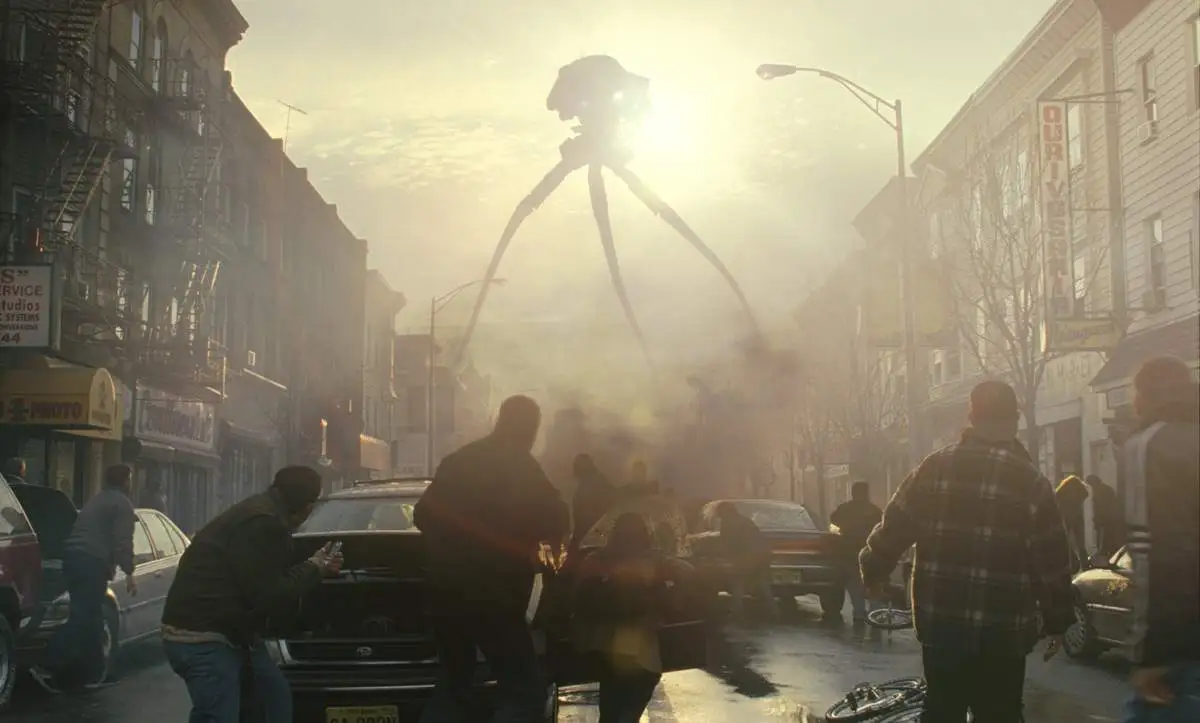The site’s been quiet for a few days because I’ve been down in Decatur, Illinois visiting with my family down there: My great-aunt and great-uncle and a clan of second cousins. They’re like immediate family to me and I love them dearly. We had a wonderful time, although I discovered that my bowling skills have sadly rusted over from disuse.
While I was there, the subject of heritage and lineage and genealogy came up. This led my great-aunt Jean to relate the following story of my great-grandfather (on my father’s mother’s side):
When America first joined the Great War in Europe – what we would later come to call World War I – my great-grandfather was just barely too old to be caught by the draft. But, as the war dragged on, the nation’s need for brave young men grew. So, inevitably, the draft age was raised and raised and raised again.
But somehow my great-grandfather always stayed just a little ahead of it. Or, rather, he stayed ahead of it for awhile, because his lead was shrinking: At first he was a few years beyond the maximum. Then only a year. Then a few months. A few days. And, in the end, the draft caught up with him.
So my great-grandfather boarded a train and left the Midwest, bound for New York City. And when he reached New York City he was put onto a ship, and the ship was sent out into the Atlantic. Soon he would be in the trenches in France, and then God alone knew what might happen to him.
But when that ship was halfway ‘cross the ocean, the Germans surrendered. Just like that the Great War was over. So that ship turned right back around and came back to New York Harbor. They got back just in time for the ticker-tape parades, and in one of those ironic twists of fate that you couldn’t put into a novel (because no one would believe it) they – and others like them – made up the majority of those who were feted as returning heroes.
Forever after, whenever he was asked about the Armistice which ended World War I, my great-grandfather would say: “Well, when the Kaiser heard I was comin’…”
…
Tomorrow, or possibly the next day, we’ll have a more substantive update (at last!).












